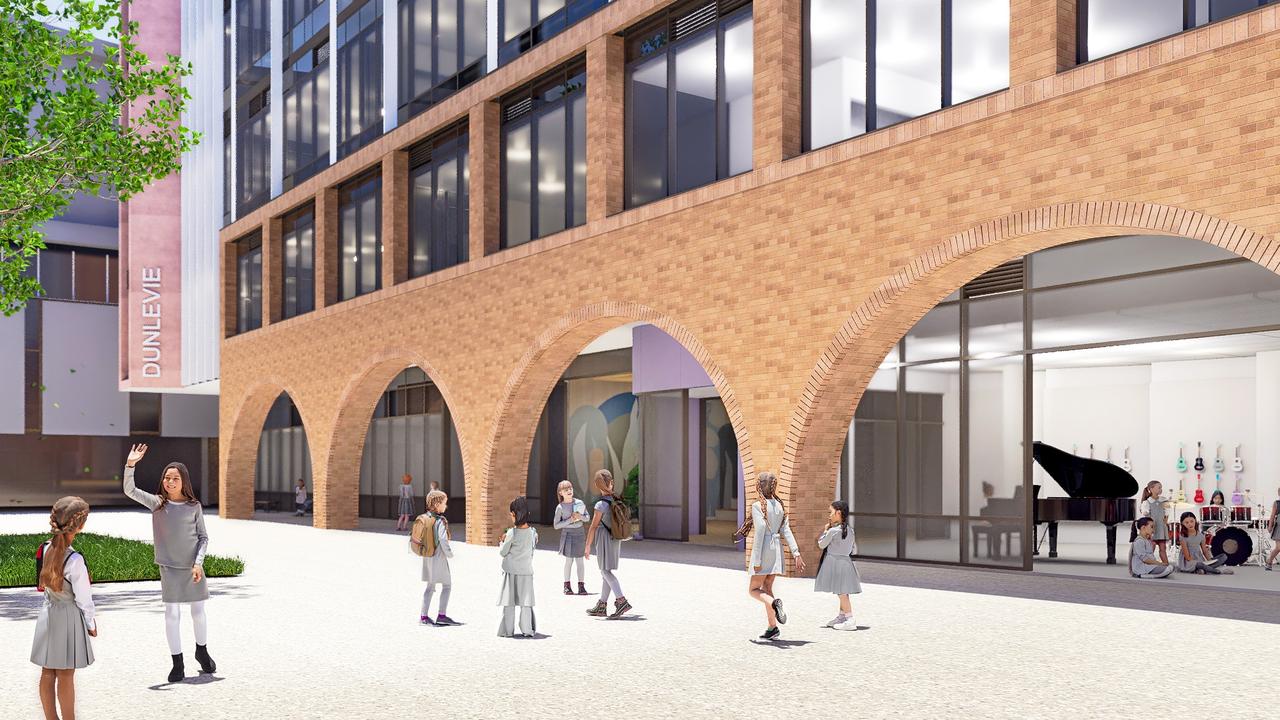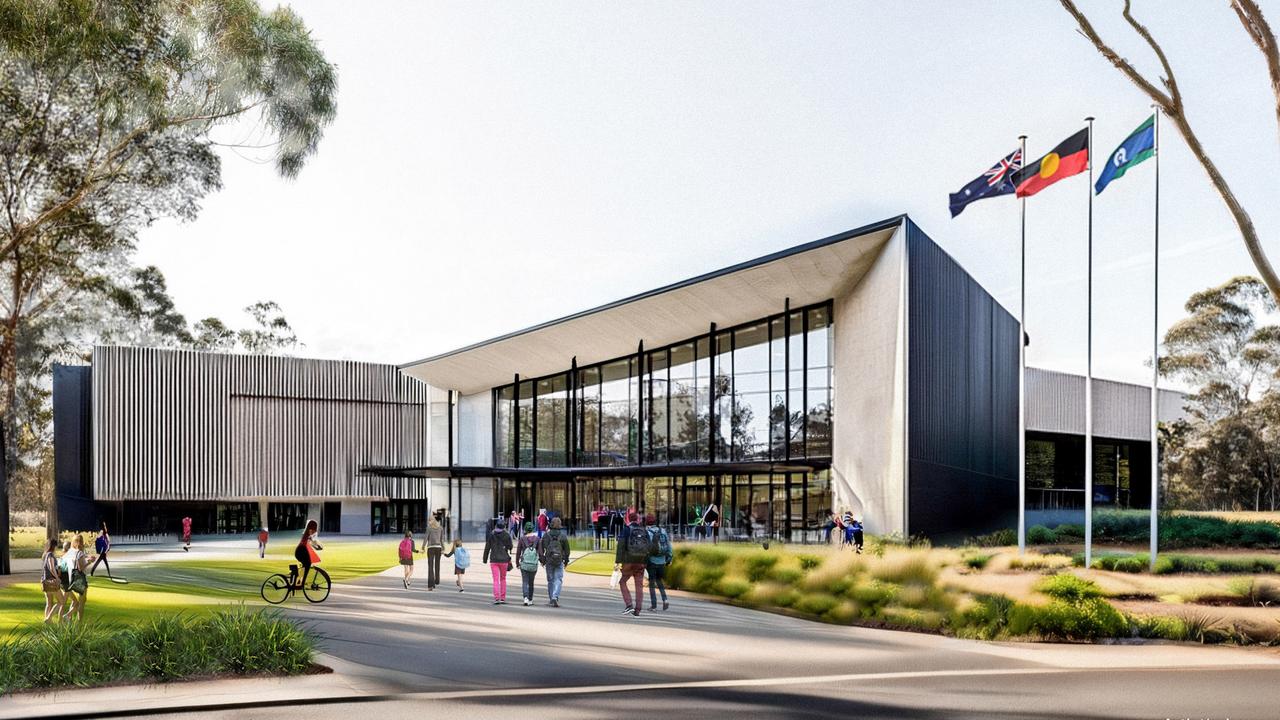Is private tuition better than paying for private school?
Parents may not need to pay top dollar for a top education, say some experts. Here we look at the numbers on private schools and private lessons.
Schools Hub
Don't miss out on the headlines from Schools Hub. Followed categories will be added to My News.
Tutoring was once for students struggling to keep up in class.
But now it’s been looked at by some parents and educators as a serious alternative to the huge fees demanded from private schools to give their kids an edge.
So has the age old debate about private school versus public school now turned to one of private school versus private tutors?
The Advertiser asked the industry experts from both sides of the debate. And while they didn’t agree on much, they conceded every family is different and the individual needs of each child are paramount.
Our survey of private school fees revealed parents are paying almost $300,000 for Reception to Year 12 at the most expensive private schools.
By comparison, tutoring services argue a child could receive private tuition throughout their school years for a fraction of the cost.
But it’s not all about money. So what’s better? Private school or private tutors?
Flinders University senior lecturer Dr Leigh Burrows said there were “pros and cons” for private tuition and it came down to what’s right for the student and their family.
“If you get the right person, a really lovely relationship can be established and then the child can feel more safe and able to reveal learning needs or what sort of support they want,” she said.
“It could end up being incredibly productive.
“But if it’s more of the same after school and the child’s already tired, it can turn them off learning, and make everything just too much when they’d be better off running around or doing something else. So I think it really depends on the child.”
UniSA Education Futures dean, Associate Professor Victoria Whitington, said on tossing up between tutoring and private schooling, the answer would be different for different families.
The rapport with the tutor was critical, she said, for that option to be successful.
She also said parents should make sure they trusted anyone they allowed into their home, that tutors have appropriate working with children checks, and that sessions be conducted in open, easily monitored parts of the home.
The experts agreed parents should talk with their children so the students felt involved in decision-making.
Catholic Education South Australia deputy director, John Mula, said he would “encourage parents to have a conversation with their child’s school before jumping straight to engaging a tutor”.
“Schools are always willing to offer additional support to students particularly if a student has fallen behind in their learning because of sickness or other reasons,” he said.
“Learning is our core business and teachers are best placed to identify gaps and provide additional support if it is required.
“If a parent really does want to engage a tutor, then it should be done in collaboration with the school to ensure the support is targeted where it is needed and in alignment with the school’s curriculum.”
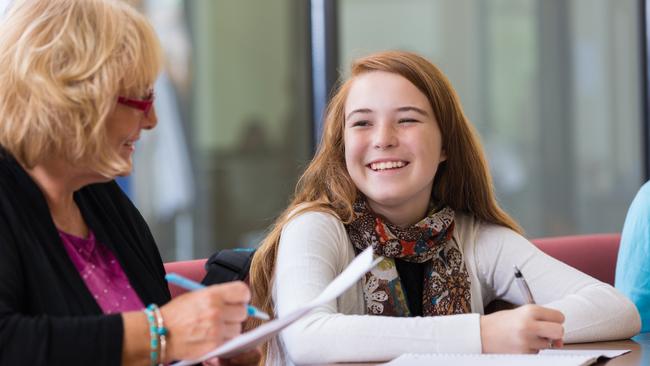
Tutors SA managing director Dr Don Dissanayake says the institute at Campbelltown caters for students at all levels.
“For an average parent who can’t afford a private school, this would be a good option, for them to send their children to a decent public school and then support that learning with private tuition,” he said.
“We’re complementing the school education, to boost the ability of the students to perform academically and also, to boost their confidence in their ability in a small group class or individual tuition set up.”
He employs more than 25 tutors. The English tutors are either registered qualified teachers or former teachers, while most tutors in maths or science have a degree or higher qualification in their specialty area.
As a rough guide, tuition costs range from $1100 to $2200 a year per subject. Primary school students might do two subjects, Maths and English. Year 7 to 10 students add “general science” to make three subjects and Year 11-12 students often take three to four subjects. In general, they attend for an hour per subject per week, after school or on weekends. Some subjects may be longer in duration especially for students from Year 9 onwards.
So for three subjects, from R-12, at an average of $1600 per subject, that would total $62,400.
Students come from both public schools as well as private schools.
“Sometimes parents raise the point about sending their kids to private schools, but they’re not getting sufficient attention,” Dr Dissanayake said.
“Parents have raised the point that in some cases, support classes at some schools have had many students waiting for one teacher, so that they’re not really getting that help, fast enough for them to get that ongoing improvement.”
“Students get more personalised attention and extra guidance in our small group class set up, which help students to understand concepts better and even extend students beyond their current level.”

Educational therapist, master teacher and social worker at Jumbo Learning in Parkside, Priscilla Zephaniah highly recommends finding a “study coach or educational therapist, to extract a child‘s flow in their approach towards their studies and to build a child’s work ethics.”
Her unique approach costs about $900 to $1400 per term during intense personal sessions in a group of four or five students, once a week for 60 to 90 minutes at a time, over at least a year. The exact figure varies depending on the child, parental expectations and financial obligations.
“I fill the gaps,” Mrs Zephaniah said.
“We help students surge ahead, to help them get As.”
Mrs Zephaniah, originally from Singapore, agrees that many Adelaide private school fees “are well beyond exorbitant” and there are alternatives to this.
“My husband and I decided that no child should go through what I went through in order to study and achieve and so I formulated this process,” she said.
“It is a happy medium that is sustainable and ethical. I call it the middle ground approach to education.”
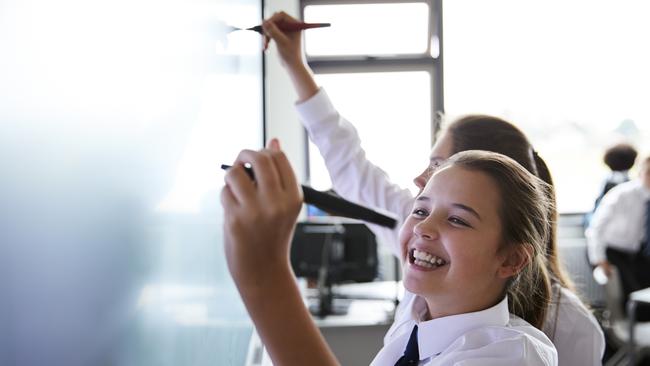
The Kumon method uses carefully designed worksheets to strengthen concentration, mental calculation and reading comprehension skills, as Kumon Australia and New Zealand spokesman James Wells explains.
“The difficulty of the worksheets increases in small increments to encourage independent learning and to consolidate fundamentals,” he said.
“The long-term goal of Kumon is for students to advance beyond school grade level in learning. This goal explores the boundless potential of children and gives them confidence in the school classroom and in everyday life.”
Tuition costs $140 a month for 30-45 minutes a week in either Mathematics or English.
“As a quick calculation, if a child is enrolled in a single Kumon program over the course of 12 months the total fees would be $1680 (including GST),” Mr Wells said.
“If a student is enrolled in both programs, the cost is $3360 over 12 months (including GST). These calculations exclude the initial enrolment fee of $100.”
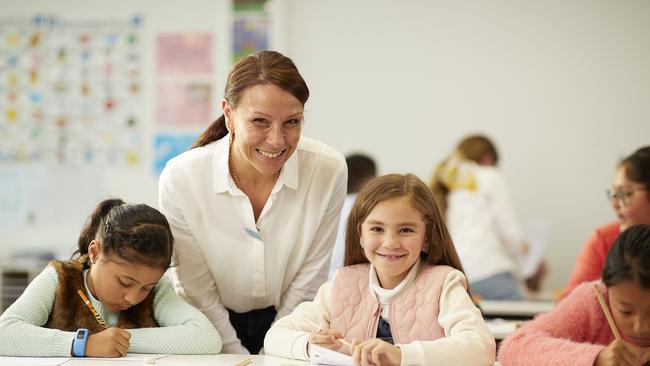
Independent Schools SA chief executive Carolyn Grantskalns said tutoring had a very narrow purpose and could not substitute for a great school education.
“Private tutoring may be valuable if a student is struggling with a particular area of their learning however many teachers are happy to provide additional support outside classroom time,” she said.
“It is important that after school time is used for a range of recreational activities, time with family, pursuing out of school interests, resting and sleeping. Children and young adults do need ‘down time’ even though the demands of study will be significant as students reach upper secondary years.
“The whole experience of school is designed to support children to develop intellectually, emotionally, socially, physically and spiritually.”




